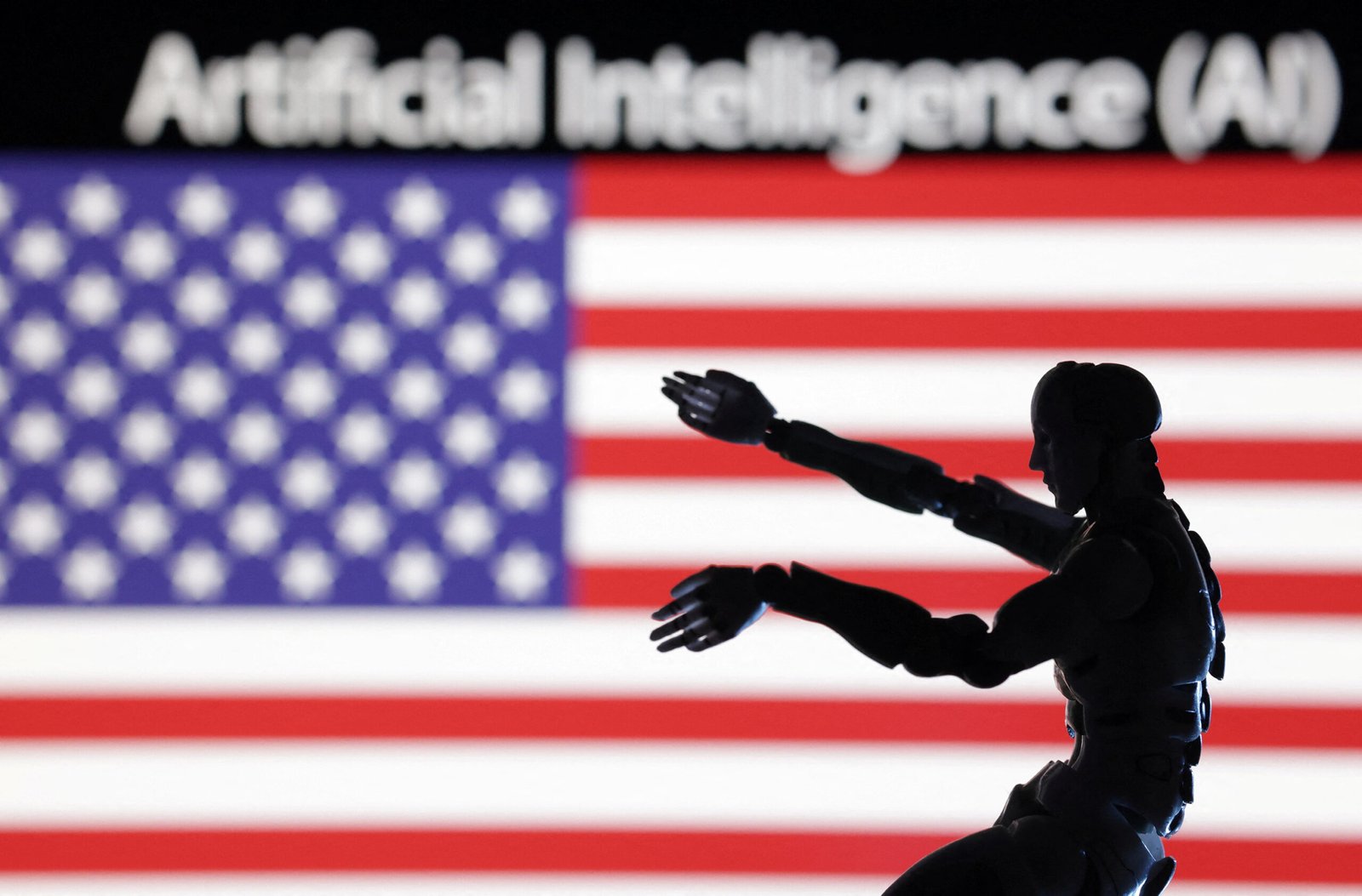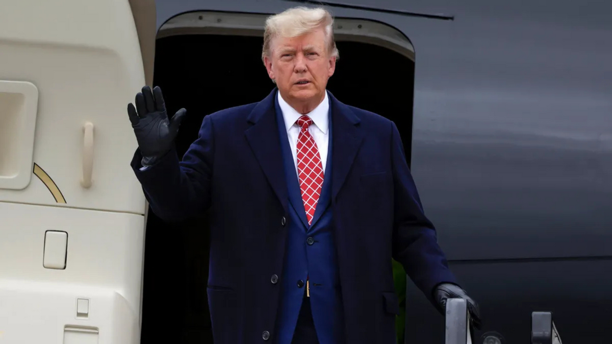The United States is solidifying its position as a global leader in artificial intelligence (AI) with groundbreaking innovations and forward-looking policies aimed at shaping the future of this transformative technology. Recent developments in AI research, regulation, and industry collaboration highlight the nation’s commitment to advancing ethical AI solutions while fostering economic growth.
Key Updates in AI Development:
- White House Announces National AI Safety Framework:
The Biden administration unveiled a comprehensive AI safety framework to regulate AI systems, ensuring transparency, accountability, and fairness. The policy focuses on mitigating risks related to bias, misinformation, and misuse of AI technologies. - Major Investment in AI Research:
The National Science Foundation (NSF) announced a $140 million investment in establishing seven new AI research institutes, focusing on areas such as climate change, healthcare, and cybersecurity. This initiative aims to accelerate innovation and create solutions for pressing societal challenges. - Tech Industry Collaboration:
Leading AI companies, including OpenAI, Google DeepMind, and Microsoft, are collaborating with the federal government to create robust guidelines for AI system deployment. These efforts include advancing generative AI tools and enhancing cybersecurity defenses through AI-powered solutions. - Breakthroughs in AI Applications:
U.S. researchers have made significant progress in generative AI, unveiling models capable of creating highly accurate medical diagnoses and enhancing supply chain optimization. Startups are also driving innovation, with several companies raising record funding to scale their AI-driven products.

Expert Insights:
“AI is reshaping every sector, from healthcare to finance,” said Dr. [Expert Name], a leading AI researcher at [Institution]. “The U.S. remains at the forefront by prioritizing both innovation and responsibility in deploying these technologies.”
The Global AI Race:
While the U.S. leads in AI research and development, competition with nations like China remains fierce. The newly implemented Export Control Act aims to restrict the sale of advanced AI technologies to adversarial nations, ensuring that the U.S. maintains its technological edge.
Looking Ahead:
With AI playing a critical role in the economy, workforce development is also a priority. The Department of Education plans to integrate AI-related courses into national curriculums to prepare future generations for AI-driven industries.
As the U.S. continues to balance innovation with regulation, it sets a global benchmark for responsible AI adoption, cementing its role as a leader in the Fourth Industrial Revolution.



